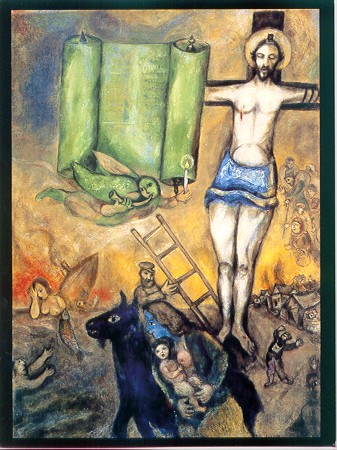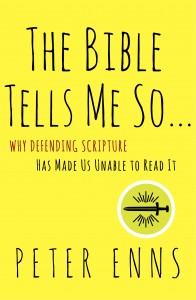Keith DeRose doesn’t think so. DeRose, a philosopher at Yale and correspondent with YFB, has posted a retort to Wright’s posture of both emphasizing the “Kingdom-Now” theology that he’s made famous, while holding onto a belief while holding onto a belief in a grim fate for unbelievers, set at their deaths. Among the strange (and not particularly biblical) claims that Wright makes regarding Hell is that the lost will devolve to a kind of subhuman state and will thus be beyond human pity.
There are other problems, too. Here’s Keith:
But we know that, on whatever the exact account is of what these choices are (and just where the lines are between choosing well enough or not), in this life we humans often make these choices under hostile circumstances—circumstances under which we’re quite likely to choose badly. Often, as C.S. Lewis (whom Wright seems to be following here to some extent, and who in any case was a big proponent of the position that, as he memorably put it “the doors of hell are locked on the inside” (626)) stressed, it’s various of our own vices that cause us to choose against joy. But of course, we attain these vices in a variety of ways. Some (for instance, those raised very abusively from birth by wicked parents) seem never to have much of a chance. Others of us have it much easier. Sometimes, though we’ve worked ourselves into and/or some outside force has worked us into a situation in which we seem quite firmly in the “choosing against” category, God apparently intervenes to give one a chance to choose to turn things around under circumstances in which, let’s just say, we’re quite unlikely to refuse: one thinks of the conversion of Saul here. But apparently, at least in this life, God does not do this for everybody—though perhaps God at least gives much more subtle “whisperings of good news” to everyone.
If you’re interested in the work of Wright, the king-of-the-hill of evangelical biblical scholarship these days, I suggest you read Keith’s whole post.












